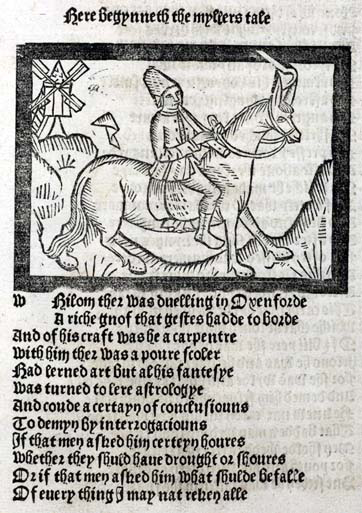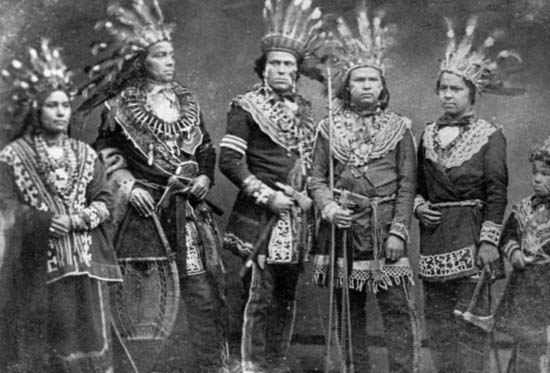Previously posted on this blog on July 26, 2018 under a different title. This is what I want to believe in, when I´m not entirely awake or something!
"Lectures on Divine Humanity" by Vladimir Solovyov is a somewhat difficult book, in which the Russian philosopher-mystic expounds his particular version of Christian panentheism. I nevertheless felt right at home. But then, I've been immersing myself (somewhat haphazardly) in panentheist literature for some time. Solovyov draws from a wide variety of sources when spinning his own philosophy: I recognized obvious affinities with Plotinus, Leibniz, Hegel, Schelling, Fichte and Schopenhauer. However, his main font of inspiration must have been more mystical sources. The kabbalists are the usual suspects. Indeed, some of the other names on the panentheist laundry list were probably also inspired by such sources. Finally, I recognized affinities between Solovyov and later writers, including Steiner, Barfield, Grant-Watson and even the process philosophers.
It seems Solovyov is the best blend! He is also believed to be the prototype of Alyosha Karamazov. Both Dostoevsky and Tolstoy were present when Solovyov delivered his lectures on divine humanity. Dostoevsky obviously paid attention - at least to Solovyov's personality (he seems to have been quite a character), while Tolstoy rejected him as absurd and childish.
Solovyov's philosophy is difficult to summarize, so what follows are just a few short sketches.
The most fundamental metaphysical objects, simply called "entities", have three aspects: the atom, the living force or monad, and the idea. The most basic mode of knowledge is a form of subconscious, intellectual intuition which predates both rational thinking and empirical observations. This reminds me of the panpsychism of Whitehead, with its "creative occasions" and "prehension" or "radical empiricism". However, Solovyov's version seems to be a form of idealism, since neither the "atom", the monad nor the idea seem to be really material. At one point, he even says that the existence of the outside world can't really be known for sure, except through faith, a position presumably taken from Fichte. I'm not sure if Solovyov really believed this, since his metaphysics sound very "objective" and centered on God rather than individual consciousness. But then, perhaps Solovyov didn't see any necessary contradiction between an objective and a subjective perspective? In his system, God and the world are con-substantial, and the Trinity is somehow reflected everywhere in creation. The Trinity is the solution to the problem of unity-multiplicity.
There doesn't seem to be any point at which creation "began". Rather I got the impression that Solovyov believed in a constant creation in the Neo-Platonist fashion. Thus, there is permanent unity-multiplicity, rather than creatio ex nihilo. Solovyov explicitly argues for a compatibilist view of divine freedom. Creation and love are necessary for God.
The cosmic fall is the fall of the world-soul or Sophia away from its true source in God. The world-soul is also a unity-multiplicity: both a single organism and a collection of many different entities. (This is presumably similar to the Primal Man, Purusha or Adam Kadmon.) By falling away from God, the world-soul looses its unity and fractures into complete chaos. However, the love of God works to lure the world-soul back to its original state. Our universe is the result of divine love working on the fractured, chaotic multiplicity of fallen Sophia. It's slowly evolving back to God. (Note both the similarity and difference with process philosophy, really a truncated version of this more supra-cosmic vision.) Many of the beings regarded as "spirits" or "gods" are former aspects of our own selves, which have been separated from us as a result of the fall. They are said to be in charge of the evolutionary process. Presumably, they used to be our higher selves. A similar position can be found in Anthroposophy and Theosophy.
In contrast to Schelling, Solovyov doesn't seem to locate the origin of evil in God himself. Rather, evil is the result of the world-soul's free will to fall away from God. Evil results from the fragmentation and finitude of each living creature, which strives to expand itself and survive in hostile competition with other creatures. In the fallen world, evil is inevitable. Everyone is born with radical evil in his heart, and the problem is therefore metaphysical.
At several points in his lectures, Solovyov discusses the evolution of religion. He sees several different stages in this process, which have a dialectical relation to each other in a scheme of thesis-antithesis-synthesis. Original paganism is negated by Buddhism. Greek philosophy and the Judaism of the Law are both negated by the Judaism of the Prophets, with Christianity as a grand synthesis of everything that went before. There are also different stages in original pagan religion: star worship, sun worship, etc. Solovyov's attempts to squeeze the history of religions into a Hegelian (?) scheme aren't very convincing, but his main point seems to be that Christianity is a natural, evolutionary zenith of previous religious traditions, rather than a completely unique revelation de novo. He even attempts to trace the Trinity to pre-Christian notions, Philo in particular. Clearly, Solovyov wouldn't feel threatened by parallels between Christ and the deities of mystery religions. One is reminded of C.S. Lewis in this respect.
Indeed, it's not entirely clear whether the actual person Jesus Christ is a product of internal cosmic evolution or a divine personage coming "from the outside" to the fallen world. Perhaps he's both, or perhaps it really doesn't matter. The universe is, after all, "in" God even in its fallen state. The entities simply doesn't realize it, having posited themselves as completely autonomous. Also, Christ is not simply a person (human or divine), but a kind of collective organism or Primal Man presumably similar in character to the original world-soul before its fall. Solovyov says that the incarnation was natural, in the sense that the world was ready for the incarnation of Christ due to its upward evolution. The end-goal of the process is less clear, but the author does suggest that the Church, or rather the Universal Church (perhaps a mystical category) is a divine organism which wants to freely convert and hence unite with all men on Earth.
Solovyov's view of history is also, I take it, Hegelian. He doesn't reject modernity and secularism out of hand. Rather, he sees the modern West as a necessary antithesis to the institutionalized Christianity of the Middle Ages and Russia, which is no longer based on love. The synthesis will be a voluntary Christian union and society, and Solovyov hopes that his own motherland will lift itself up and bring in this happy state of affairs. (He later lost faith in intra-historical salvation, as seen in his famous "Short Story of the Anti-Christ".) While I consider Solovyov's political ideas the weakest spot in his entire philosophical edifice, he did have two sympathetic traits: he seems to have rejected the most virulent forms of Russian and pan-Slavist nationalism, and he doesn't sound anti-Semitic. Indeed, at one point he writes that the Jewish prophets' combination of positive patriotism and universalism should be a model for Russia!
For more on Vladimir Solovyov, see Frederick Copleston's "History of Philosophy. Volume 10: Russian Philosophy" and N.O. Lossky's "History of Russian Philosophy", which also mentions Solovyov's mystical side and somewhat peculiar personal habits.
Meanwhile, I will give this panentheist best blend five stars.















.jpg)